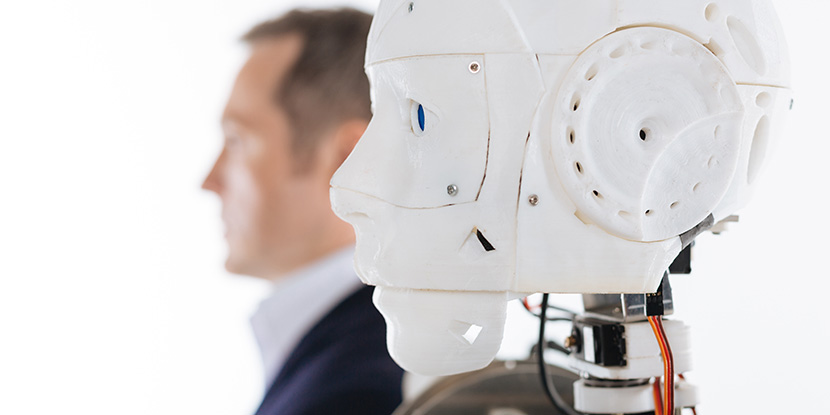
The UK High Court rejected an appeal against a UKIPO decision, stating AI system Dabus is not eligble to be named as an inventor. But the defendants can appeal the decision ©Viacheslav Iakobchuk/ADOBE STOCK
In October, the UK High Court rejected an appeal on AI inventorship in the debate around AI system Dabus. The judgment states an artificial intelligence system cannot be an inventor, upholding a decision by the UKIPO. Now the UKIPO, European Patent Office and United States Patent and Trademark Office have aligned views. But the UK Court of Appeal has granted permission to appeal on the basis of how important the principle at stake is.
Stephen Thaler, a Doctor of Physics, created the AI which produced two patents, EP 35 64 144 and EP 35 63 896. DABUS stands for ‘device for the autonomous bootstrapping of unified sentience’. The UKIPO had accepted Dabus as devising the inventions, but decided the two patents did not meet the criteria for patentability based on Dabus not being a ‘natural person’. The office also said that Thaler could not apply for a patent based on the ownership of Dabus. The UKIPO decided that ultimately the Patents Act 1997 prohibits the granting of the two patents since Dabus is a machine and not a ‘natural person’.
The UK applications should have passed, had the courts designated Dabus as the inventor. Thus, the UKIPO could have granted the patents. On the other hand, the judge did not entirely dismiss a future re-examination of the patenting of AI. Smith said that his judgment did not mean Dabus itself was incapable of developing a creative concept, accepting that Dabus did ‘invent’ the technology behind the patents. The case is still pending in other jurisdictions globally.
In January, the EPO also refused two patent applications on the grounds that the application listed Dabus, and not a human, as the inventor. The United States Patent and Trademark Office (USPTO) also rejected them on the basis of the named inventor.
But with a renewed hope for an appeal, the case is not yet closed. There is room for future development in the understanding of AI patentability.